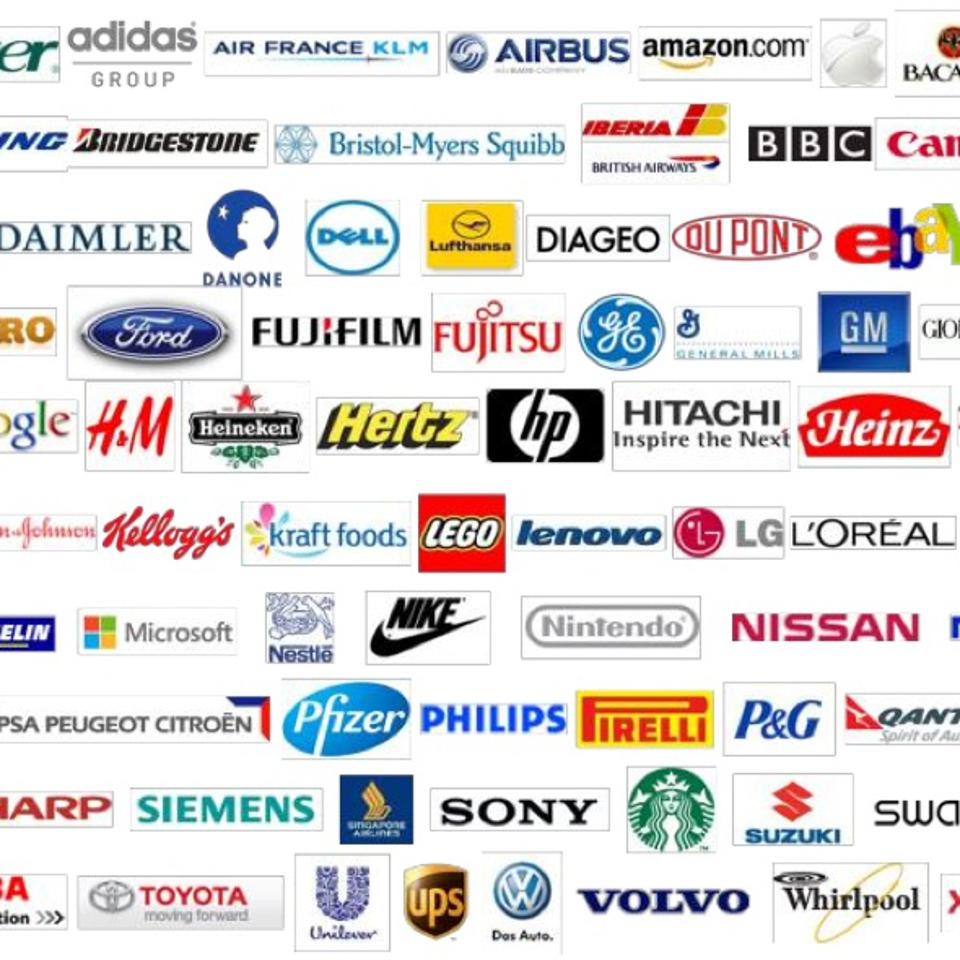SOCIAL RESPONSIBILITY FOR COACHES: Getting Serious About How Socially Responsible Your Coaching Business is
This is the first in a series of posts which are part of the Socially Responsible Coaching Alliance certification program which is coming out in the late Spring of 2022.
Corporate Social Responsibility (CSR) is a self-regulating approach to business that helps a company be socially accountable—to itself, its stakeholders, and the public. While this is standard practice for most businesses, the coaching industry has not joined the millions of companies practicing corporate social responsibility, also called corporate citizenship, and therefore are not as conscious of the kind of impact they are having on all aspects of society, including economic, social, and environmental.
When CSR first became popular in the 1950s just a handle of companies participated. Now, every major company has CSR initiatives designed to enhance society and the environment, instead of contributing negatively to them.
I’ve been curious why Coaching and Consulting businesses that so often profess values of love, harmony, peace, and unification, have been slower to get on board. It’s not that coaches and consultants seek to contribute negatively to the economic, environmental, or societal impact they have, perhaps, as small business owners, they have just not had the time or bandwidth to think about it.
The Socially Responsible Coaching Alliance seeks to adapt CSR frameworks designed by and for large enterprises for our small and micro organizations. Today we are beginning a series for paid members on how to start thinking more deeply about the level of social responsibility in your business.
The first step in this process is called MATERIALITY. (That’s today’s vocabulary word!)
In the broadest sense, material issues are those that affect your business including those that have a great impact on a company's ability to do business. In the assessment, it’s your job to honestly look at all the issues that can affect your business and identify those that matter most and require attention.
Remember back in June of 2020 when every coach was working on their diversity statement and putting up a black square on social media for “Black Out Tuesday?” This is because coaches and consultants were starting to feel like not addressing social justice issues was MORE of a risk than addressing them. Not every coach who spoke out at that time was willing to actually DO much of anything beyond this performative gesture.
A truly socially responsible business has to go beyond gestures and take ongoing sustained action. But, no one business - of any size - can address all of the world’s problems.
What’s important from a materiality perspective is to assess where is your risk and where is your opportunity so that you can create a plan where you have consistent follow-through.
Social Responsibility is usually viewed through a lens of three core elements, economic growth, social inclusion, and environmental protection. But it's important to remember that these are not just categories or boxes. They are connected and have aspects in common. For example, a mental health challenge caused by trauma or chronic PTSD is not only determined by terrible experiences, it could also be influenced by other factors such as poverty, environmental injustice (think Flint, Michigan), systematic racism, homophobia or any number of factors.
Of course, as small business owners, we can't consider every possible angle of a single challenge. That's why it's crucial to build partnerships like this one with the Socially Responsible Coaching Alliance, to share knowledge and expertise to learn how we can jointly address challenges. This requires new ways of working together, focused on co-creation and engagement over the long term. We all need to lead the way towards the vision of a better world within our lifetime because only if we take our responsibility seriously, will we be able to achieve a truly transformational agenda, leaving no one behind.
As a coach or consultant, you can’t be socially responsible without taking a holistic approach to understanding and tackling problems of your clients, contractors, partners, vendors, and staff. In making a material assessment of the risks and opportunities to have a positive social impact through your business, it’s important to consider how these challenges connect with and impact upon each other. Finding these interdependencies will help you address the root causes of problems and to create long term solutions. So how does this work?
In the next part of this post, I’m going to walk paying members through a 3 part assessment of their coaching business to identify the material issues they need to have on their agenda, not to solve, but to address on their own and through partnerships as a sustained effort. Membership is just $5 a month or $30 for the year, so if you haven’t joined and you want a more socially responsible business, now is the time to jump in!







